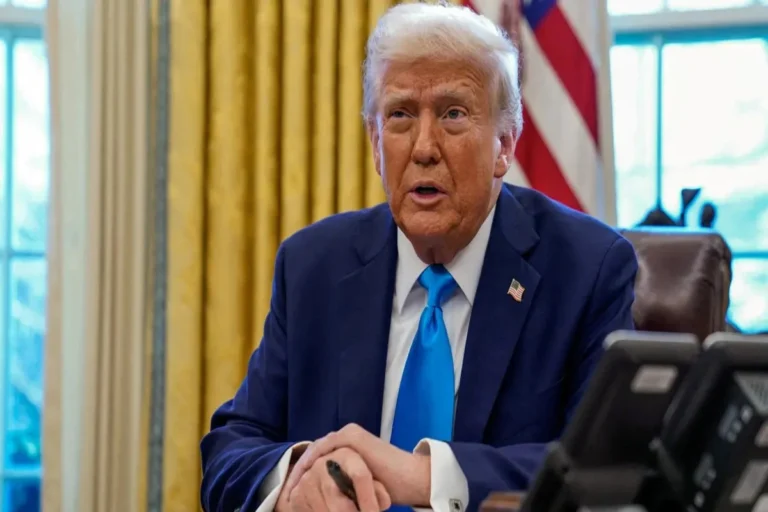August 19, 2025 | Dubai, UAE: Scammers have found yet another way to retrieve the financial information of individuals through the WhatsApp video call scam. Using the WhatsApp screen-sharing feature, during the video call, they grasp the PIN, OTP, and other bank details, leading to financial losses. The UAE Cybersecurity Council has asked people to be cautious of such digital thefts, leading to higher security breaches.
WhatsApp Video Call Scam: How it Works?
The fraudulent individual portrays to be the someone from the bank or customer care, detecting an issue in your bank account. Later, he asks you to display your screen through the WhatsApp screen sharing feature.
Once the scammer gets the access, every sensitive detail is revealed, including the account number, credentials, and OTP. This permits them to hack your account or remove your funds in a concealed manner.

Small bits of information, like a message notification, are sufficient for scammers to conduct the theft. In other cases, the fraudulent identities ask people to download third-party applications to further support their motives.
Losses and Global Impact
Organizations across the globe have faced similar financial losses due to this scam. However, in the UAE, no such incident has come to light so far. In Singapore, these deceitful individuals impersonated themselves as Monetary Authority officials and fooled 46 people into losing 3 million dollars.
This incident indicates how sharing your WhatsApp screen can result in a dreadful WhatsApp video call scam, where people lose their money within a few seconds of obliviousness.

These happenings also occurred in India and the UK, where scammers siphon loads of funds from people who fall prey to their ill motives. There is an escalating tension with the increasing use of WhatsApp for business and communication, making it a hub for such scams.
Why One Needs To Be Attentive?
- No Malware Required– As the victim is allowing the access by its own will, there is no requirement for malware.
- Psychological Manipulation– Scammers use unfeigned techniques to sound authentic, trustworthy, and skilled.
- Use of Technology– The screen-sharing features, which is meant to alleviate communication, is being incorporated to trick individuals.
- Lack of cognizance– Multiple people are oblivious to the scam and its damage, allowing tricksters to easily fool them into believing their word.
These methods are a level above orthodox phishing scams, making it adept for these fraudulent identities to fool people who are not that tech-savvy.
The scam call seems legit because of the professional tone and innate fear of losing money and illegitimate activity on their accounts. This panic is exploited by scammers to create chaos and steadily withdraw money from the bank account.

Precautions to Take
- Do not allow screen sharing for WhatsApp video calls, especially to unknown people.
- Cross-check the identity by asking your bank or the relevant institution using the official numbers.
- Evade entering OTP or PIN while screen sharing.
- Switch to multi-factor authentication on all platforms, including WhatsApp.
- Spread awareness among family members who are not that tech-savvy.
The Cybersecurity Council of the UAE, with other organizations of relevance, has released precautionary guidelines to inform users of the looming issue. They emphasize the fact that any official, registered bank or institution would not solve queries through WhatsApp screen-sharing.
Such authorized regulations facilitate public cognizance and help reduce the effects of such scams. The WhatsApp video call scam is an organized and carefully planned threat. A single tap on the sharing screen can cost you a dime. Verify the number, remain alert, and cross-check the details of the caller.
Also Read: Apple iPhone 17 Pro Max Launch Date Expected to be on September 9, 2025














